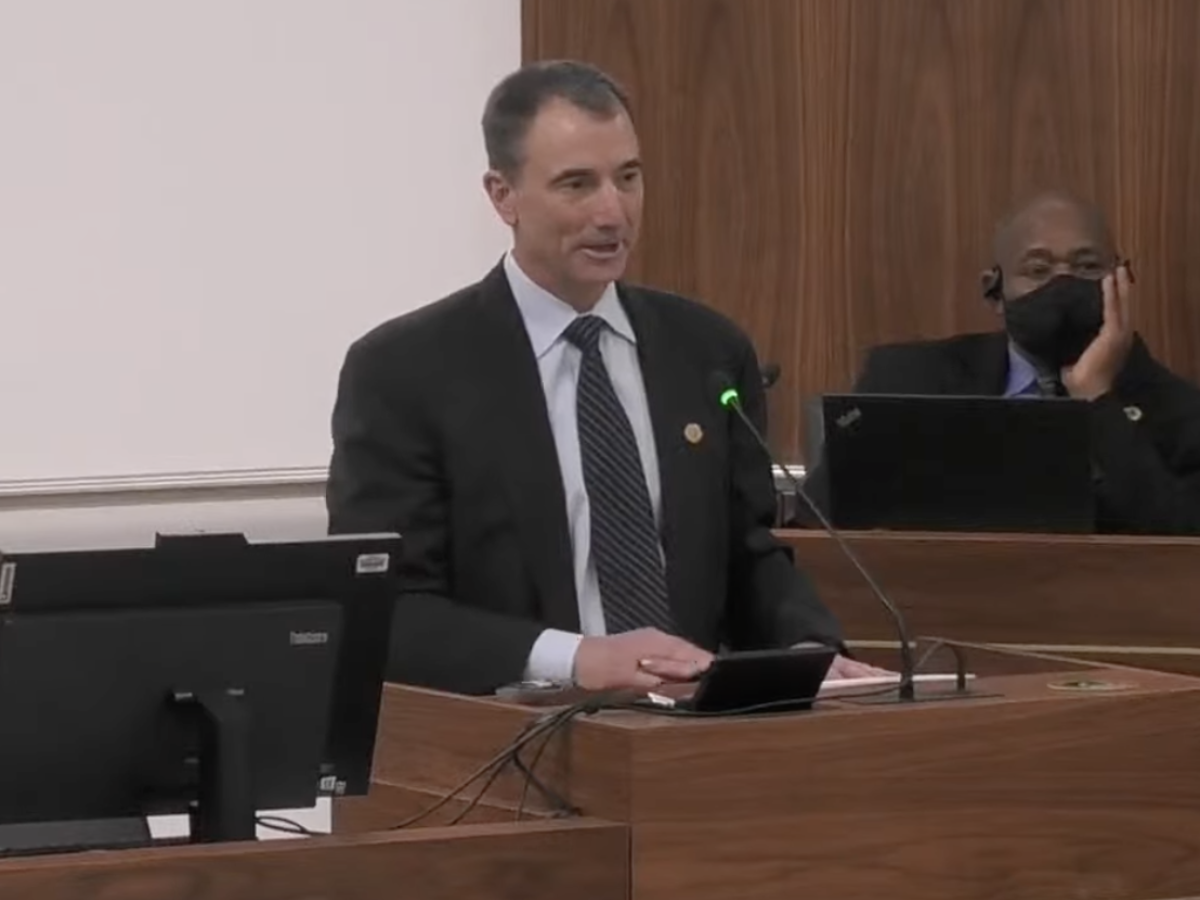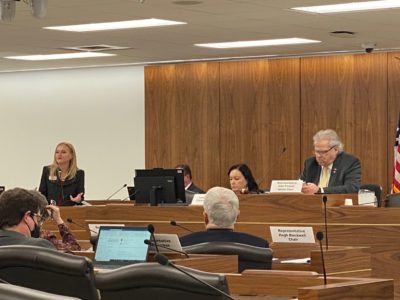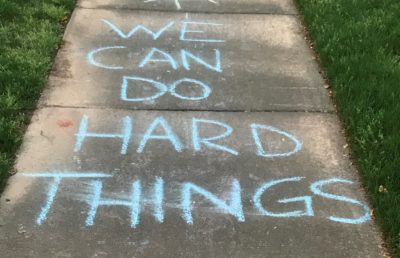

The House Select Committee on An Education System for North Carolina’s Future met Monday, hearing from State Board of Education Chair Eric Davis and Lt. Gov. Mark Robinson.
Davis laid out his vision for the future by stressing three objectives:
- Elevating “the profession of teaching to attract and retain the talent that we need.”
- Providing “the health and support services that our students need.”
- Increasing “the academic achievement of all students.”
On the first point, Davis said that teacher compensation and licensure need to be redesigned, and more diverse teacher candidates are necessary. He advocated for the expansion of programs such as the Teacher Cadet and TA to Teacher program, along with Advanced Teaching Roles, Teaching Fellows, and other strategies. He also said district- and state-level strategies were needed to address what is likely going to be a “Great Resignation” among teachers at the end of the year.
On the second objective, Davis said the state needed to “rapidly” increase the number of school support personnel, including psychologists, social workers, counselors, and school nurses.
And on the third point, he advocated for providing every student in the state access to a “high quality pre-K program,” increasing the number of teacher assistants in early grades, revamping the state’s accountability system, and increasing district and school flexibility.
For more detail on those objectives and more, you can read Davis’ prepared remarks here.
Robinson, an elected Republican who also serves on the State Board of Education, also put forth his vision for the future and stressed three key points:
- The “governance and infrastructure of the education system.”
- “Restoring order to our schools.”
- “Educating our students for the 21st Century economy.”
For the first point, Robinson said the state needed a better grasp of who was actually in control of the state’s education system. He also advocated for finding ways to increase parent and community involvement, and make schools more transparent and accountable.
On the second point, Robinson talked at length about the importance of safe schools, and said that educators in schools no longer hold students accountable. He said that leaders needed to focus on the “root causes” of bad student behavior rather than “equitable outcomes in data.”
On the final point, Robinson advocated for a return to a more classical education that focuses on reading, writing, and mathematics. He said that student curriculum needed to be transparent for parents and the public, and he advocated for more of an emphasis on career and technical education.
He expanded on those priorities and more in his presentation, which you can see here.
The committee also heard the second part of a presentation begun at the last committee meeting explaining how North Carolina schools are funded. See that presentation here.
A presentation on teacher compensation was delayed for the second meeting in a row. You can see that presentation here.
Rep. John Torbett, R-Gaston, senior chair of the committee, said that the next meeting of the committee will be at South Asheboro Middle School in Asheboro on Monday, March 7 at 5 p.m.
Public comment will take place in the second hour, and he said sign up would be available starting Monday, Feb. 28 at 1 p.m., via a General Assembly website portal. A link to that portal will be provided when the notice goes out for the March 7 meeting. Speakers can also sign up at the meeting, but he said those who signed up online will be given priority.
You can listen to the committee meeting below.




